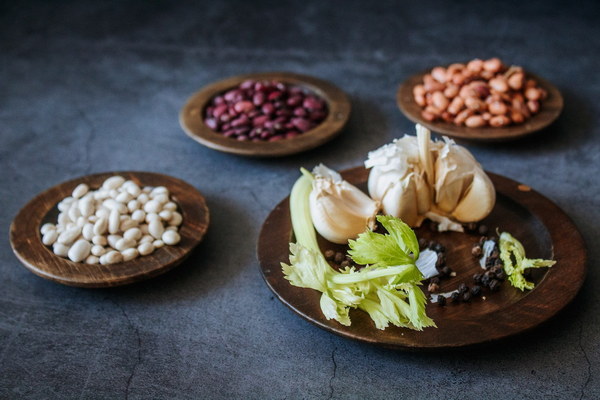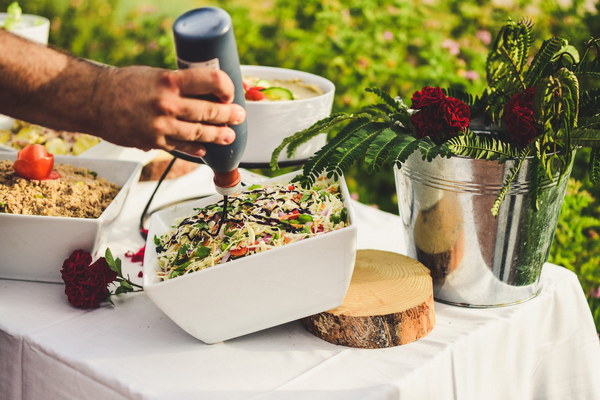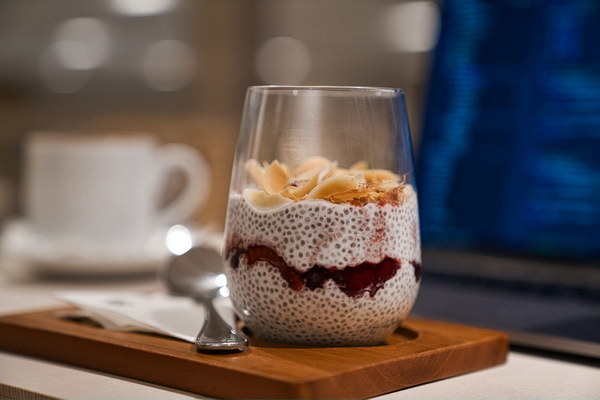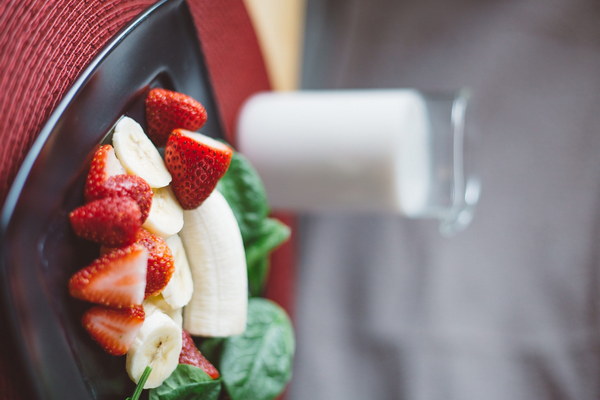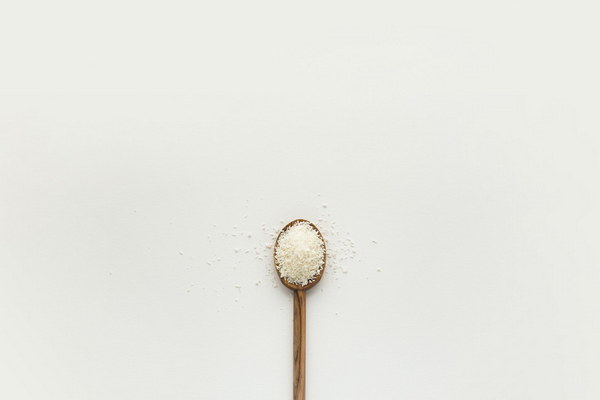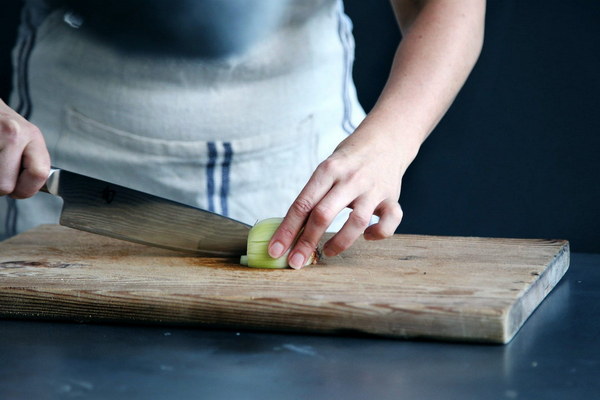Unlocking Wellness Discover the Best Teas to Brew for Excessive Dampness Relief
In the pursuit of good health and vitality, many turn to natural remedies to address specific health concerns. One such concern is excessive dampness, a condition that can manifest in various ways, including fatigue, weight gain, and digestive issues. Traditional Chinese Medicine (TCM) offers a wealth of knowledge on balancing the body's energy, and one of its remedies involves brewing the right tea to expel dampness. Here, we delve into the world of TCM and explore the best teas to brew for excessive dampness relief.
Introduction to Dampness in TCM
In TCM, dampness is a pathological condition that arises from an imbalance in the body's Yin and Yang energies. It is often associated with living in a humid climate, consuming dampening foods, or having a weakened spleen and kidney function. To combat this, TCM practitioners recommend teas that are known for their diuretic, astringent, and warming properties.

Best Teas to Brew for Excessive Dampness
1. Poria Tea (Fu Ling Cha)
- Properties: Poria tea is made from the dried mushroom called Poria cocos, which is highly valued in TCM for its ability to drain dampness and aid in digestion.
- Preparation: Soak a handful of dried poria pieces in water overnight, then simmer them with rock sugar or honey for added sweetness.
- Benefits: It helps alleviate symptoms of dampness, such as edema, and supports kidney health.
2. Cinnamon Tea (Dong Quai Cha)
- Properties: Cinnamon is a spice with warming properties that can help expel cold dampness from the body.
- Preparation: Steep cinnamon sticks in hot water for a few minutes, then add honey or lemon to taste.
- Benefits: It can improve circulation and help with joint pain associated with dampness.
3. Ganoderma Tea (Ling Zhi Cha)
- Properties: Reishi mushrooms are prized for their immune-boosting and anti-inflammatory properties, which can help clear dampness.
- Preparation: Boil slices of reishi mushroom in water for about an hour, then strain and serve.
- Benefits: It helps strengthen the immune system and promotes overall well-being.
4. Chrysanthemum Tea (Ju Hua Cha)
- Properties: Chrysanthemum flowers have a cooling effect on the body, making them suitable for dampness accompanied by heat.
- Preparation: Steep a few flowers in hot water for 5-10 minutes.
- Benefits: It can help alleviate redness, heat, and dryness in the eyes, as well as soothe the respiratory system.
5. Ginger Tea (Jin Yin Hua Cha)
- Properties: Ginger is a well-known digestive aid that can warm the body and expel dampness.
- Preparation: Grate fresh ginger and simmer it in water for 10-15 minutes, then strain and serve.
- Benefits: It can help with bloating, gas, and improve digestion.
Tips for Brewing Teas for Dampness Relief
- Frequency: Brew these teas regularly to experience their full benefits. However, it's important to consult with a healthcare professional or a TCM practitioner to determine the appropriate dosage and frequency.
- Timing: Drink these teas warm or at room temperature, as cold drinks can exacerbate dampness.
- Complementary Foods: Pair your tea with foods that are known to help with dampness, such as ginger, garlic, and green vegetables.
In conclusion, brewing the right tea can be a delightful and effective way to address excessive dampness. By incorporating these TCM-inspired teas into your routine, you may find relief from the symptoms associated with dampness and enjoy a healthier, more balanced life. Remember, while herbal teas can complement conventional treatments, they should not replace medical advice when dealing with health concerns.
